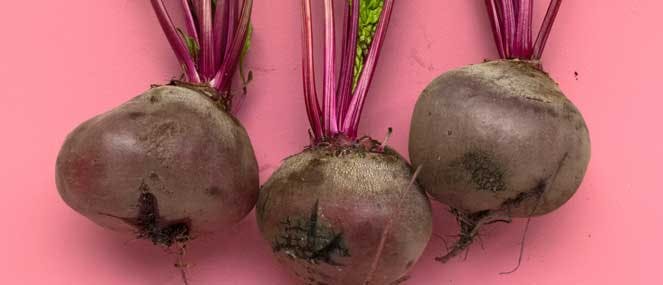
- Health hub/
- Heart & circulation/
- Seven ways to lower your blood pressure


1. Be active
Physical activity is one of the most important lifestyle changes those with high blood pressure can make. It helps to keep your blood vessels functioning at their best, and can also reduce body fat levels. According to a 2008 study, 71 per cent of patients with high blood pressure saw a drop in their blood pressure when they increased their physical activity levels. Even moderate intensity activity like walking, cycling or gardening can be beneficial.
2. Drink alcohol in moderation
Studies have shown that regular and excessive consumption of alcohol (drinking more than two drinks a day) may increase the risk of hypertension. However, men who consumed one to two drinks a day had a reduced risk of fatal and non-fatal heart attack. They key is to strike a balance, and enjoy alcohol in moderation while avoiding binge drinking.
3. Manage your weight
Excess body fat places extra stress on your heart, with a number of studies linking weight gain to increases in blood pressure. It's thought that up to 75 per cent of the risk for high blood pressure is attributable to excess weight. Losing weight is an important step in helping to lower your blood pressure levels. Lifestyle changes that can help to reduce your blood pressure, such as increasing your activity levels, and drinking less alcohol, may also help to reduce you level of body fat.
4. Stamp out the smokes
Smoking damages your artery walls and increases your blood pressure, significantly increasing your chances of developing heart disease. There is overwhelming evidence supporting the association of cigarette smoking and higher blood pressure levels. If you want to reduce your blood pressure, cut back or preferably cut out cigarette smoke.
5. Manage your stress
Chronic stress is known to trigger an increase in blood pressure levels. One study showed that people who were under the most job strain had blood pressure levels 33 per cent higher than their most relaxed co-workers. Try to make time for relaxation, or participate in activities that have a calming effect, such as massage, yoga or meditation. This helps to counteract the effects of stress, and can help to reduce your blood pressure levels.
6. Eat less salt
Research demonstrates a strong link between salt intake and an increase in blood pressure levels. Fortunately, this is something you can easily control by adding less salt to food, and choosing foods that are low in salt, or salt-reduced. You can also use herbs, spices, lemon juice and vinegar to add flavour to marinades, sauces and salads instead of salt.
7. Eat fish at least three times a week
Omega-3 fatty acids have an anti-inflammatory effect which helps to support and maintain a healthy cardiovascular system. They help to maintain the flexibility of blood vessels to promote healthy blood flow and help maintain healthy blood pressure.
References available on request




